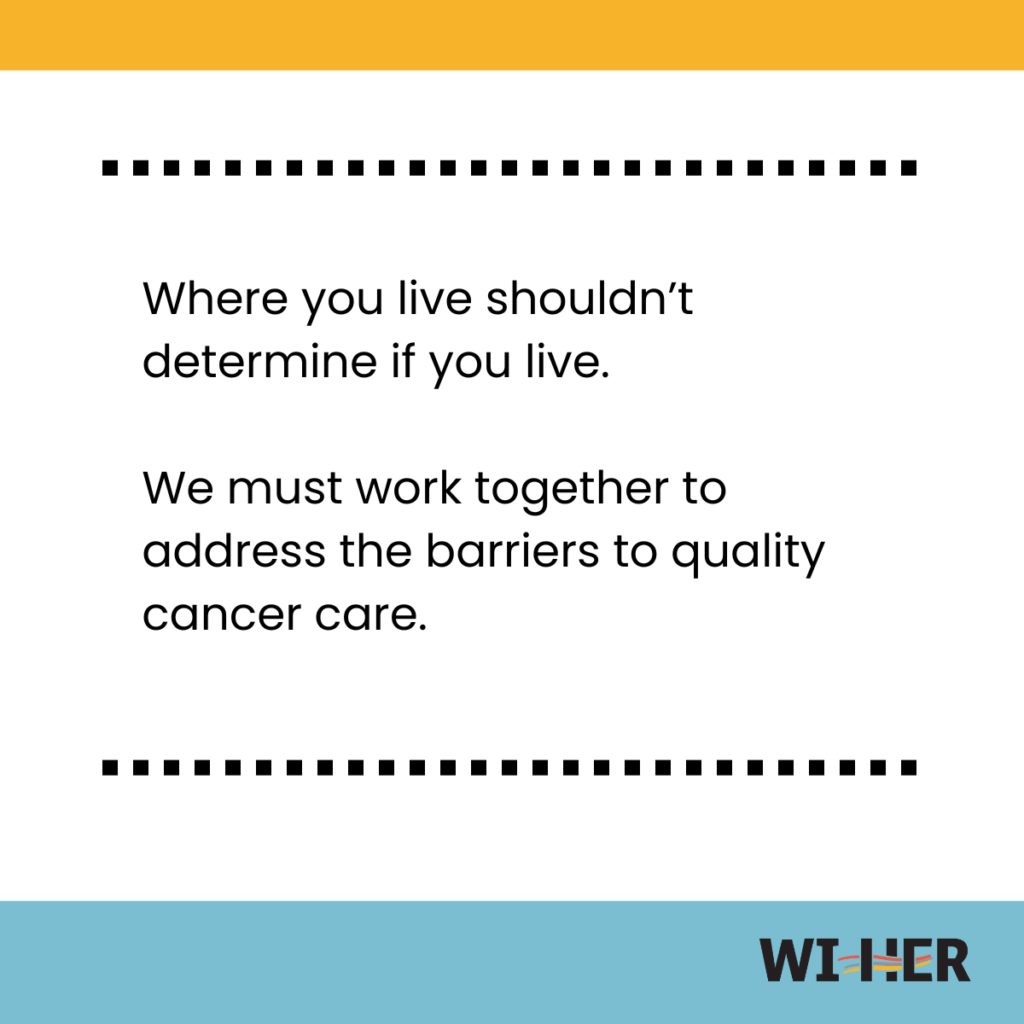October is Breast Awareness Month!

Breast cancer is the most common form of cancer in women across the world and it is a critical global issue. Incidence rates are shifting, and of the estimated 1.7 million women who will be diagnosed with breast cancer in 2020, most will be in the developing world. Approximately 60% of deaths due to breast cancer occur in developing countries (DCs) , whereas in the United States (US), an estimated 249,260 new cases of breast cancer are diagnosed each year, and mortality due to this disease is decreasing. These statistics demonstrate that although the burden of breast cancer mortality is disproportionately high in developing countries, the issue is given far less attention and resources than in the developed world, where breast cancer is a very popular women’s health cause. In fact, breast cancer is given so much attention in the developed world that some worry we have over-commodified the cause, citing the pink handbags, envelopes, and candles that flood the market every October.
There are a variety of factors that have led to the high breast cancer mortality rate in developing countries. In those regions, there is a lack of cancer awareness and education, limited or no national screening and no access to timely and effective treatments. Another barrier faced by countries hoping to reduce their burden of disease comes from women themselves who have fatalistic attitudes about treatment. This means that due to the higher mortality rate, many women in developing countries feel that a lump or abnormality in the breast is an unavoidable death sentence, and not worth the effort or cost of treatment.
Regardless of nationality, later detection of breast cancer translates to a more advanced stage of the disease, a lower survival rate, and more expensive treatment. Although mammography is the most effective form of early detection, it is not always feasible in developing countries. Instead, some countries are focusing on raising breast cancer awareness, and promoting the use of cost effective tools like breast self-examination and clinical breast examinations. Studies have found that annual clinical breast examinations can be equally as effective as mammography screenings every two years. The issue in developing countries is not only due to the lack of access to mammography early detection; it is also largely due to the lack of education about the disease, belief that it is untreatable, and a gap in the health infrastructure and resources to support proper cancer treatment.
Breast cancer awareness and education must extend beyond developed countries and into the plans and budgets of the development community. As the most common form of cancer in women, and a leading cause of mortality, women are being done a fatal misservice when breast cancer is overlooked. This October, WI-HER advocates for an increase in awareness of the disproportionate breast cancer burden felt by developing countries.